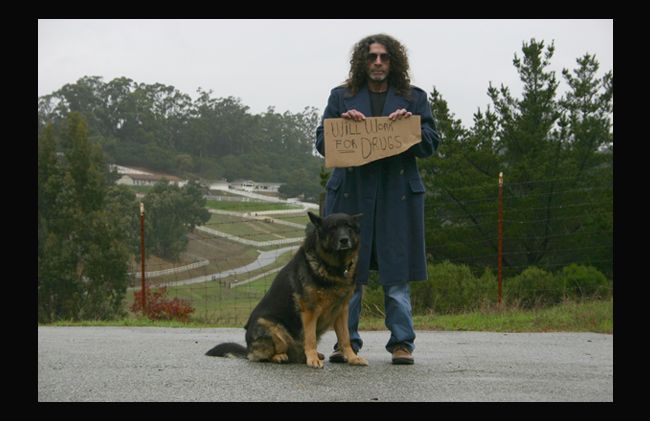I'm not convinced by the experiments at all. They seem pretty flawed to me, and I'm not the only one to think this. See:
Klemm, W. (2010). Free will debates: Simple experiments are not so simple Advances in Cognitive Psychology, 6 (-1), 47-65 DOI:
10.2478/v10053-008-0076-2
Abstract
The notion that free will is an illusion has achieved such wide acceptance among philosophers and neuroscientists that it seems to be acquiring the status of dogma. Nonetheless, research in this area continues, and this review offers a new analysis of the design limitations and data interpretations of free-will experiments. This review presents 12 categories of questionable conclusions that some scholars use to promote the idea that free will is an illusion. The next generation of less ambiguous experiments is proposed.
Then there's the scientific work that seems to contradict even Libet's own conclusions:
But, you might ask, maybe this behavior isn't truly unpredictable--maybe we just don't have complete information about what is going on in the brain and body. So, as Brembs describes in his paper, William Kristan ran an experiment on a nervous system about which he did have complete information and control. Leech nervous systems were removed and isolated, this way they could not be influenced by the body or any other stimuli. When hit with the same electrical stimulus, the nervous system sometimes chooses a swimming behavior and sometimes a crawling behavior. The choice can not possibly be based on an outside stimulus, or a stimulus from inside the body since it does not have one, as the Harvard Law of Animal Behavior states, "under carefully controlled experimental circumstances, the animal behaves as it damned well pleases." This shows that there is no "hidden" signal causing the animal--be it a leech or a fly or a human baby--to act the way that it does. There is a true element of randomness that defies the notion of perfect determinism.
Through the analysis of this variability, Brembs argues, "Free will becomes a quantitative trait." According to Brembs, randomness is everywhere in the universe--"free will" is the brain's process of selecting among all of the randomly-generated alternative possibilities.
http://www.pbs.org/wgbh/nova/insidenova ... .html#more
